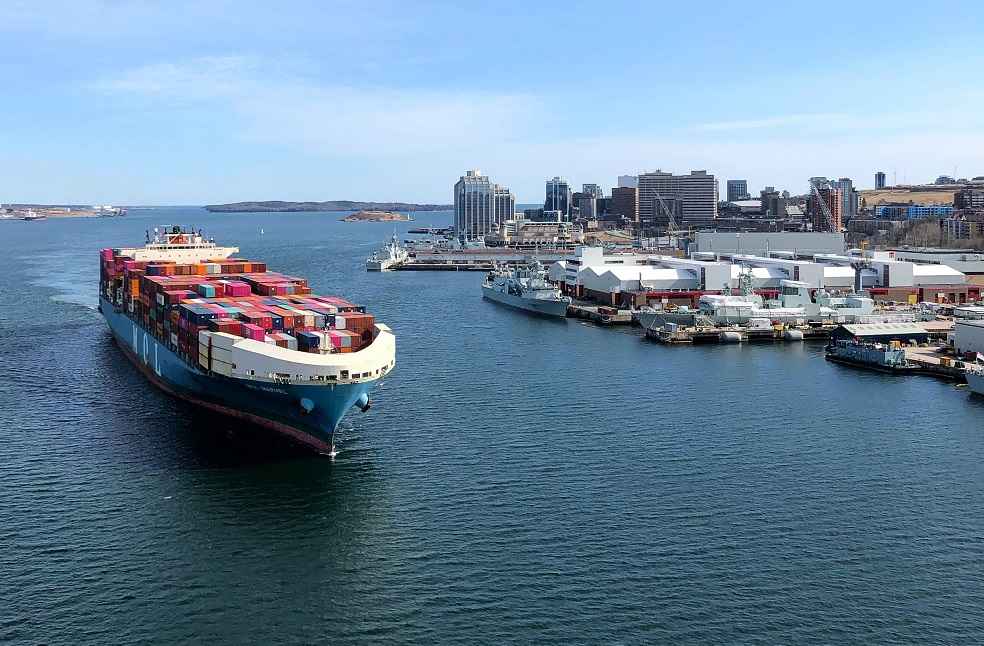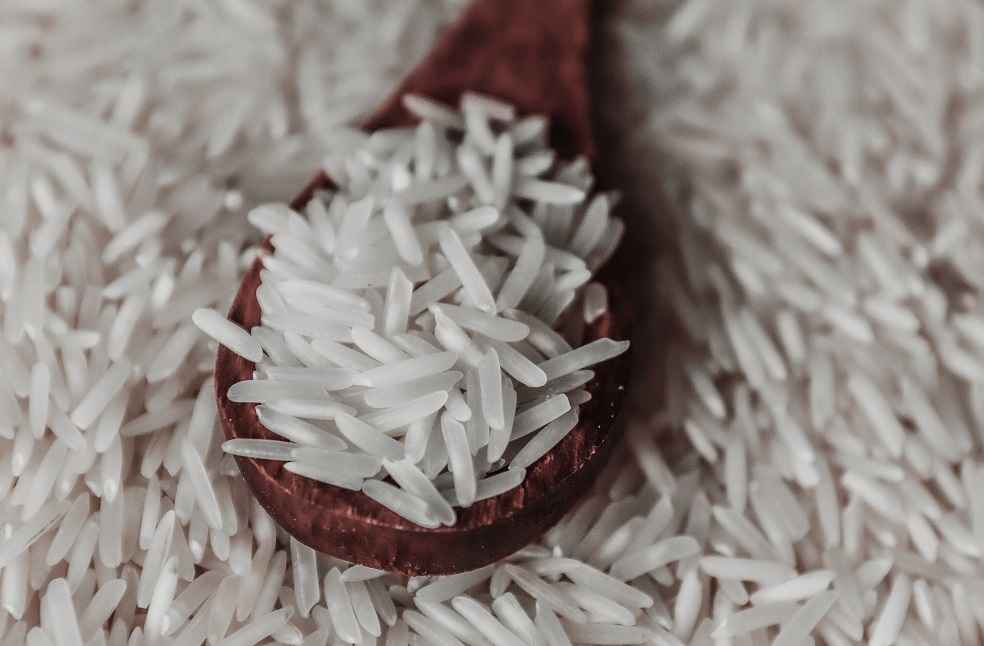India’s Rice Export Ban, specifically on non-basmati white rice exports, may provoke the cancellation of contracts equating to nearly 2 million metric tons of the grain, an estimated worth of $1 billion on the global market, according to traders.
India, that represents 40% of the world’s rice exports, abruptly enforced a halt on its most significant export category. The decision aims to stabilize domestic prices, which recently surged to multi-year highs due to unpredictable weather patterns jeopardizing production.

A Mumbai-based dealer affiliated with a global trade house noted that traders had anticipated restrictions on rice exports. However, they did not expect the measures to be implemented so quickly, assuming they would be effective around August or September. Consequently, many will now need to invoke the force majeure clause to annul their contracts. Force majeure refers to unforeseen external circumstances which prevent a contract party from meeting their obligations.
As per the government’s announcement, the export ban will be effective from July 20, permitting only vessels presently loading to export. This policy does not include future shipments backed by letters of credit, or LCs, payment guarantees obtained by traders over the past few days.
According to Nitin Gupta, the senior vice president of Olam Agri India Ltd, contracts signed for upcoming months cannot be executed due to this sudden policy change. Prior to the ban, India used to export around 500,000 tons of non-basmati white rice monthly.

As a result, B.V. Krishna Rao, the president of the Rice Exporters Association, estimates that only around 200,000 tons of rice currently being loaded at various Indian ports will be allowed to leave the country. Rao also suggested that exporters with valid LCs should be permitted to ship out their cargoes, although several traders and one government official have suggested that such an exemption is unlikely.
This sudden shift in policy may bring about substantial losses for some traders who had purchased rice at higher prices from mills to meet the demand of global buyers scrambling to secure supplies. With the likelihood of prices dropping, they now face potential losses.
India’s ban on non-basmati white rice exports is expected to cause a global price increase while simultaneously causing a drop in local rates. This scenario reveals the complex relationship between local policies and their international implications.

The top importers of Indian non-basmati rice, such as Benin, Senegal, Ivory Coast, Togo, Guinea, Bangladesh, and Nepal, will undoubtedly feel the effects of this ban.
With rice being a fundamental staple for over 3 billion people globally, and nearly 90% of the water-intensive crop being produced in Asia, the reverberations of India’s export ban are poised to be felt across the world. As unpredictable weather patterns like El Nino continue to threaten traditional agricultural practices, these global repercussions further highlight the urgent need for a comprehensive global approach to ensure food security.
DON’T MISS IT | Gold Mining: Environmental Crisis and Sustainable Shift



